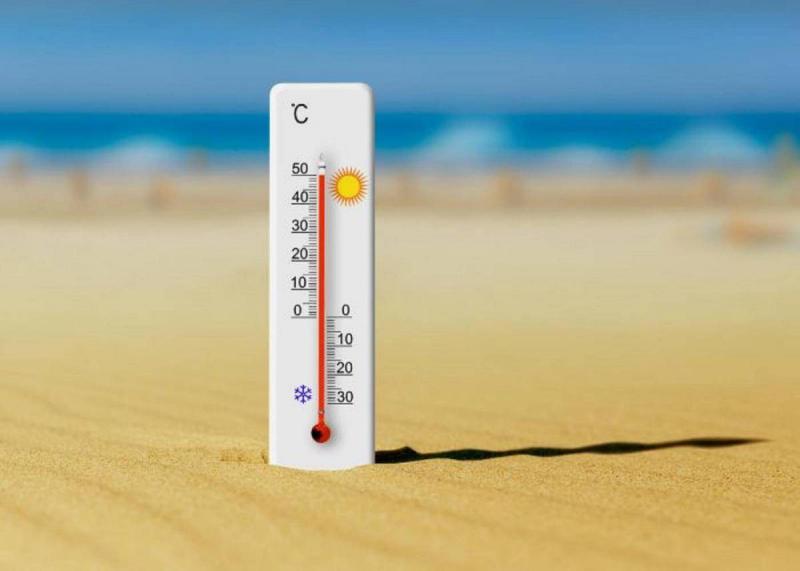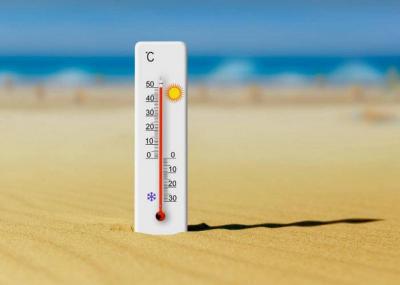A severe heatwave is sweeping across parts of the Middle East and North Africa this summer, with temperatures exceeding 40 degrees Celsius in some countries of the region. Hamdi Hashad, a Tunisian expert in the fields of environment and climate, stated, "We expect 2024 to be the hottest year ever; last year, 2023 was recorded as the highest year in terms of temperatures." Hashad also mentioned that almost the entire Arab region is suffering from water scarcity and warned that high temperatures could exert additional pressure on water resources. He added, "Almost all of the Arab region is facing water shortages, and thus high temperatures over extended periods can place additional pressure on water resources and cause evaporation of dam water, as occurred in Morocco and Tunisia last week."
He further noted, "Prolonged high temperatures can lead to significant water stress, which means increased demand for water and also increased demand for electricity, posing a challenge for governments to meet the basic needs of consumers. Consequently, some countries will find themselves in a predicament where they may need to cut electricity during high-temperature periods."
People, in the face of extreme heat, are trying to alleviate the heat by drinking cold beverages and heading to public fountains, swimming pools, and beaches. However, others lack the means to enjoy these privileges and can only cool off by spraying water on themselves. Scientists, however, state that spraying water is only effective when temperatures are below 35 degrees Celsius.
Heatwaves have become hotter, more frequent, and longer due to climate change. Previous results from scientists at the World Weather Attribution group revealed that the heatwave increased by an average of 1.2 degrees Celsius worldwide compared to pre-industrial times. The world is now heading towards a trajectory that could raise temperatures by 1.5 degrees Celsius in the 2030s.




